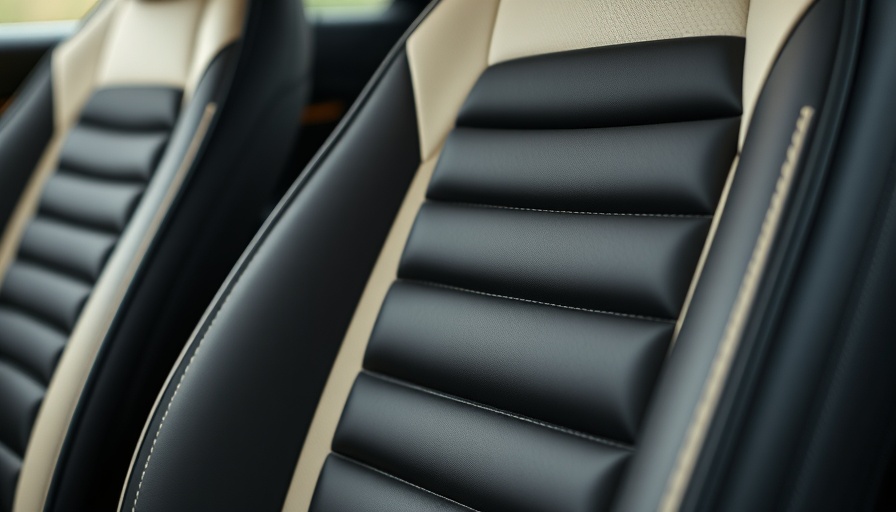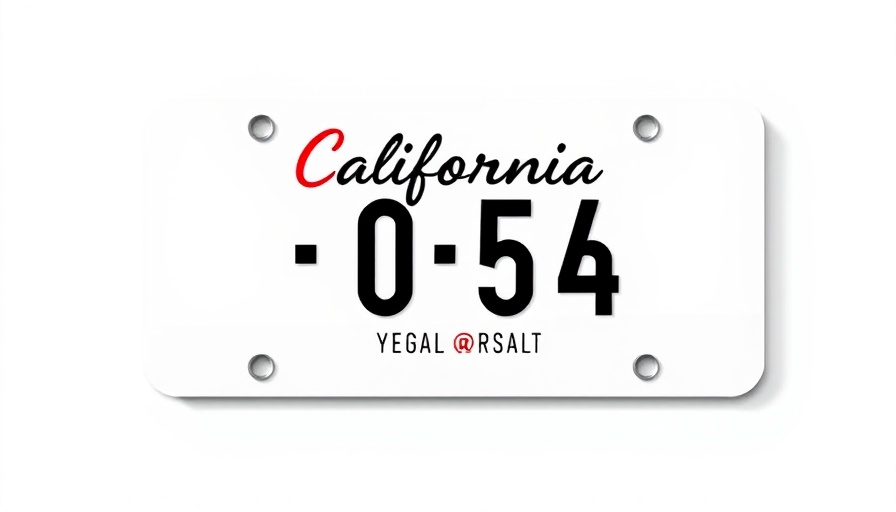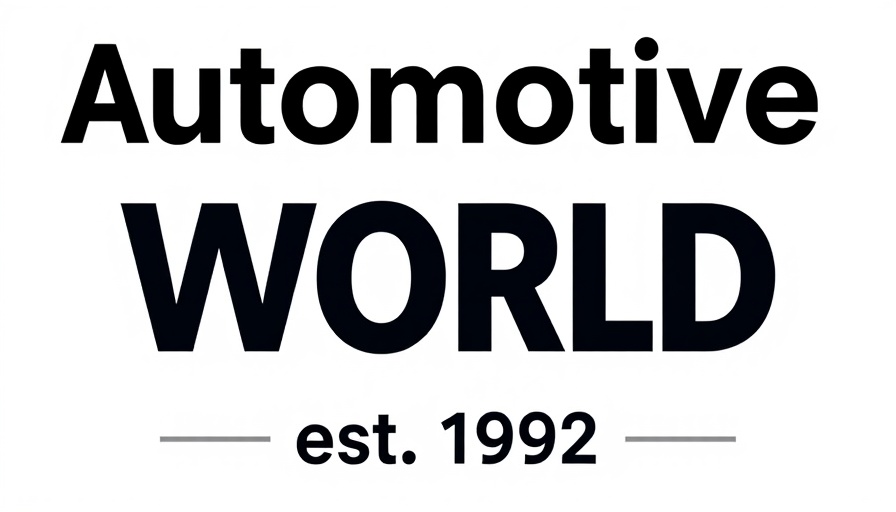
Jaguar's Ambitious Effort to Revolutionize Seat Foam Recycling
Jaguar Land Rover (JLR) is forging ahead in its mission to reduce the environmental impact of its vehicles by focusing on the recycling of polyurethane seat foam. Collaborating with chemical giant Dow and seat specialist Adient, JLR seeks to integrate recycled content into future electric cars, marking a significant leap toward sustainable automobile production. This initiative underlines the broader environmental commitment of JLR as the company transitions towards electric vehicle manufacturing.
Building a Circular Economy: A New Mindset in Car Production
JLR's commitment extends beyond seats. The automaker has committed to a "circular economy" model, emphasizing recycling and reuse across its manufacturing process. A specialized research lab at JLR is working on overcoming challenges related to the separation of materials during car disassembly. Additionally, efforts to develop recyclable front-bumper foam and reuse aluminum scraps from the stamping process demonstrate JLR's holistic approach to sustainable manufacturing.
A Trend Across the Automotive Industry
JLR is not alone in its efforts; other auto giants like Ford and BMW have similarly engaged in sustainable practices. Ford, for example, has used recycled materials in its vehicles for over a decade, and BMW unveiled a concept car that's 100% recyclable. These initiatives are vital in reducing the carbon footprint of electric vehicles, where production emissions play a more critical role given the lack of tailpipe emissions.
Jaguar's Electric Future
As part of its commitment to sustainability, JLR plans to make its Jaguar brand entirely electric in the near future. The initiative kicks off with an anticipated GT car inspired by the Type 00 concept, followed by electric models from its luxury Land Rover line. This strategic pivot towards electrification is timely, ensuring Jaguar's relevance in an increasingly eco-conscious market.
Why Understanding Jaguar's Approach Matters
For dealership principals, GMs, and Fixed Ops Directors, understanding these industry shifts is crucial. This knowledge not only helps in aligning business strategies with emerging trends but also in preparing operations for a future shaped by sustainability practices. The longevity and competitiveness of dealerships depend significantly on their ability to adapt to new manufacturing processes and consumer preferences.
 Add Row
Add Row  Add
Add 




Write A Comment